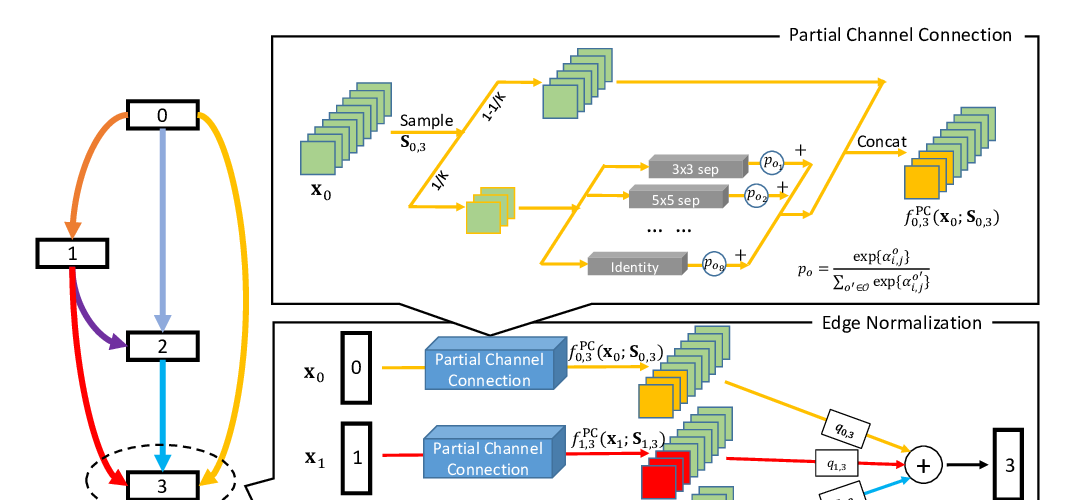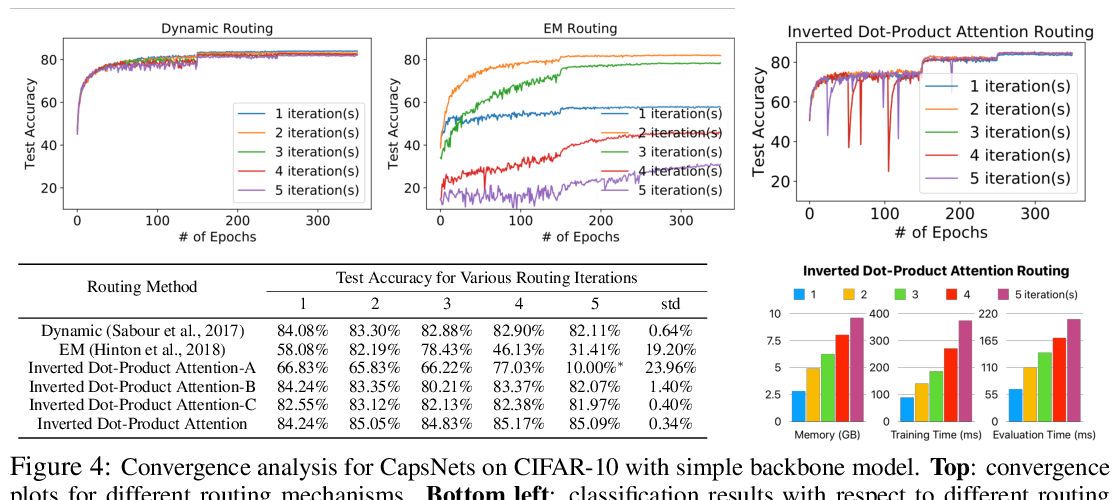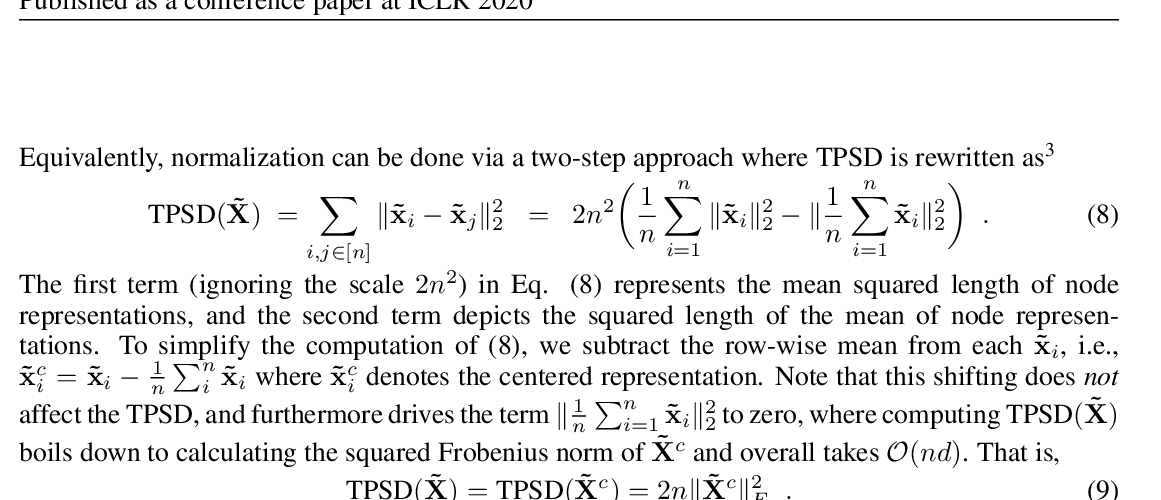Abstract:
This paper is concerned with solving combinatorial optimization problems, in particular, the capacitated vehicle routing problems (CVRP). Classical Operations Research (OR) algorithms such as LKH3 (Helsgaun, 2017) are extremely inefficient (e.g., 13 hours on CVRP of only size 100) and difficult to scale to larger-size problems. Machine learning based approaches have recently shown to be promising, partly because of their efficiency (once trained, they can perform solving within minutes or even seconds). However, there is still a considerable gap between the quality of a machine learned solution and what OR methods can offer (e.g., on CVRP-100, the best result of learned solutions is between 16.10-16.80, significantly worse than LKH3's 15.65). In this paper, we present ’‘learn to Improve’‘ (L2I), the first learning based approach for CVRP that is efficient in solving speed and at the same time outperforms OR methods. Starting with a random initial solution, L2I learns to iteratively refine the solution with an improvement operator, selected by a reinforcement learning based controller. The improvement operator is selected from a pool of powerful operators that are customized for routing problems. By combining the strengths of the two worlds, our approach achieves the new state-of-the-art results on CVRP, e.g., an average cost of 15.57 on CVRP-100.


